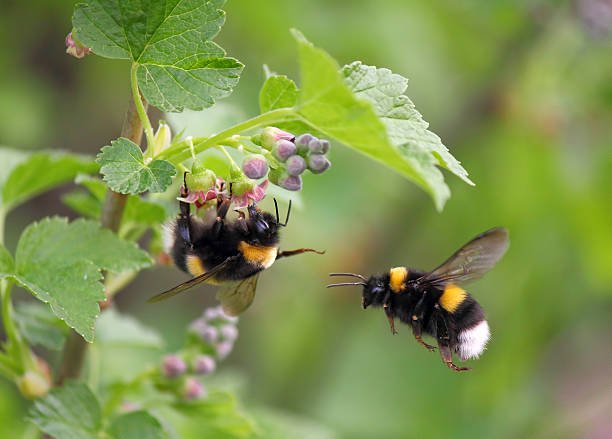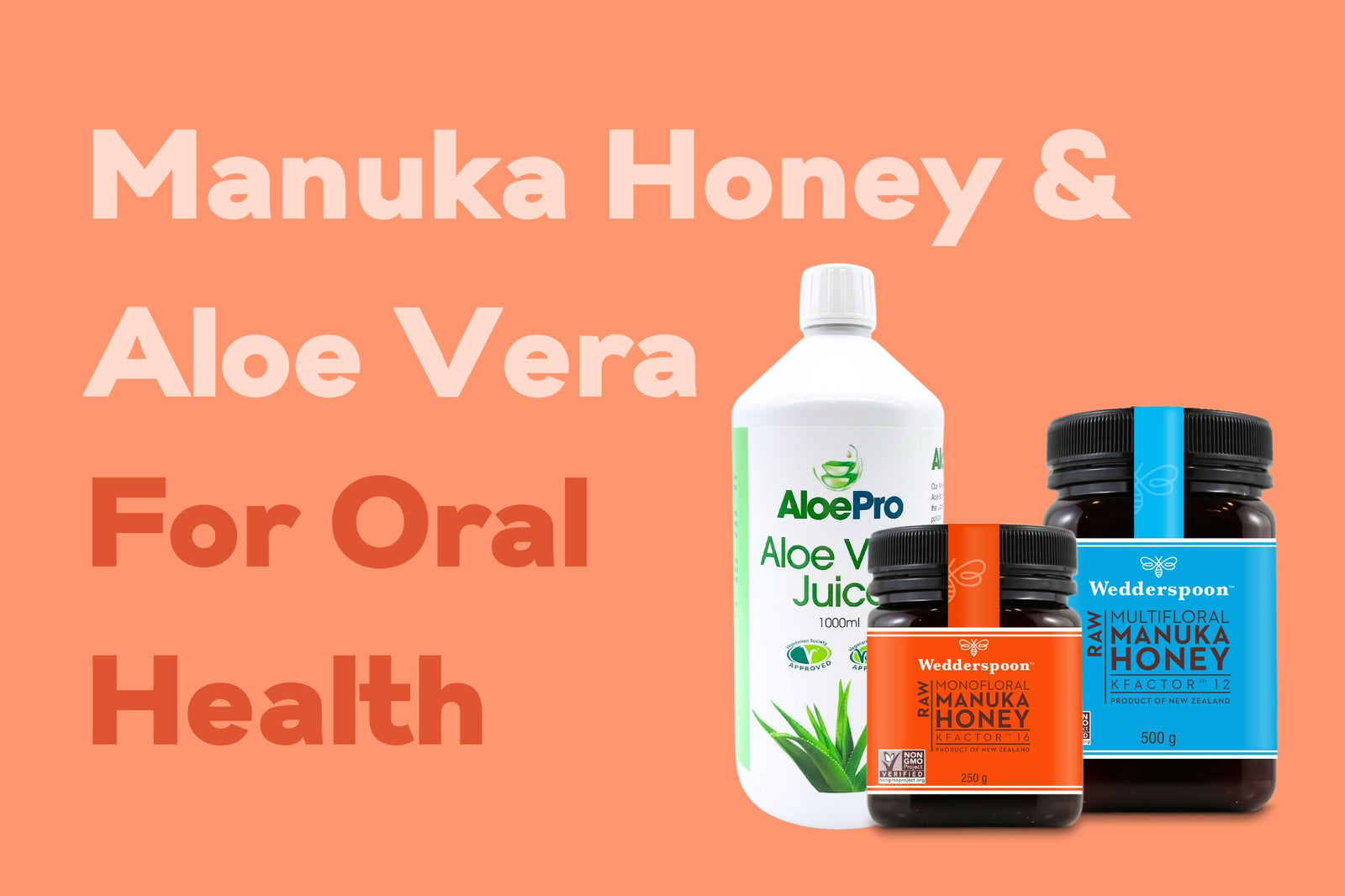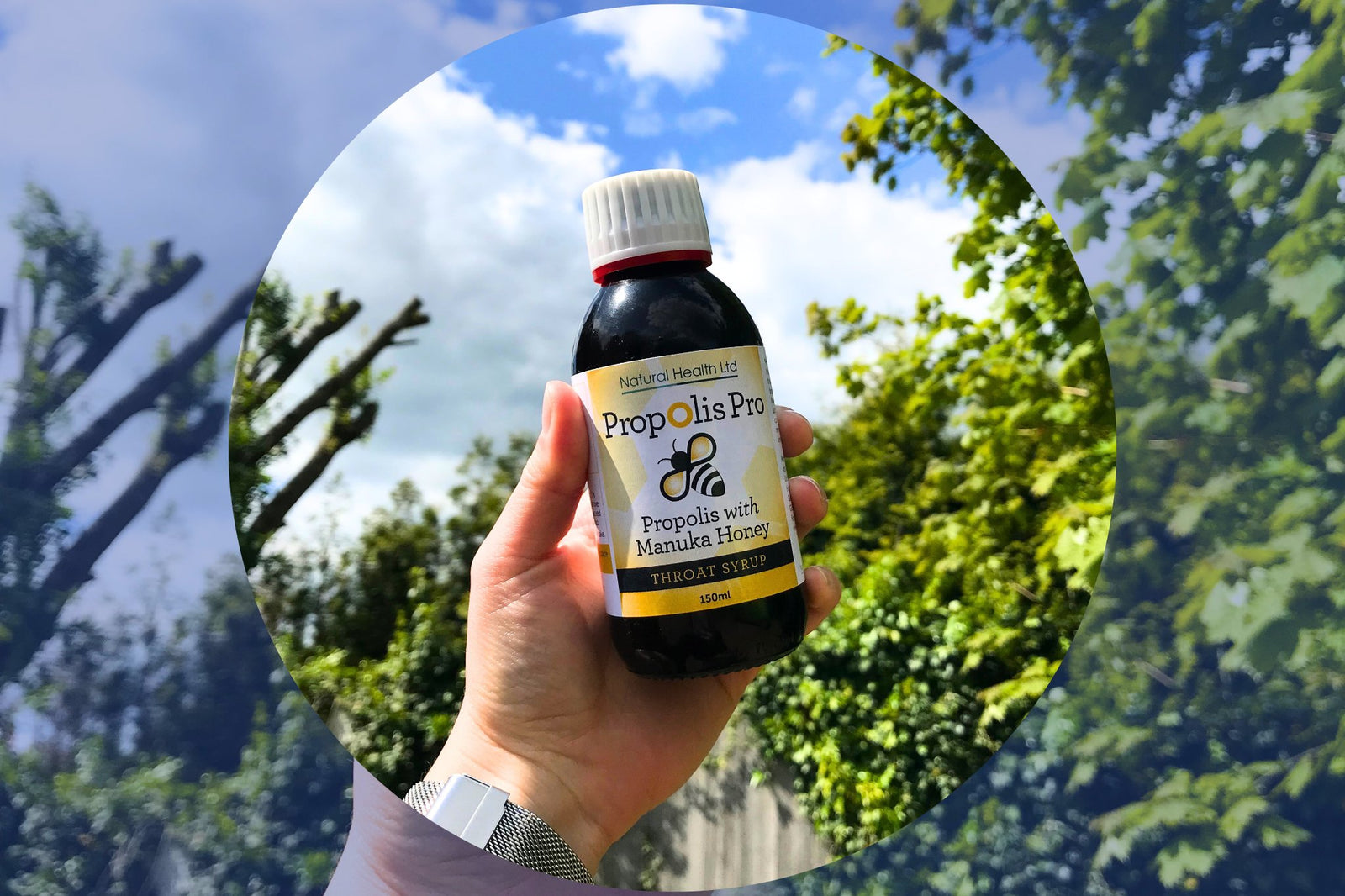Your Cart is Empty
Manuka Honey
Is Bee Venom Extraction Harmful to Bees - Ethical Guide
June 10, 2022 2 min read

Does a bee die once they’ve released their bee venom?
Thankfully, the answer is no—at least not when bee venom is harvested in a responsible, modern way. In commercial beekeeping, a small electrical current is run over a pane of glass. The bees are attracted to the current and “sting” the glass, releasing venom without piercing skin or any hard surface. This means they deliver their bee venom without being harmed and live to fly another day.
Bee venom’s composition and potency vary depending on the bee species and where in the world they’re found. Some of the strongest venom is from African bees, but if you’ve ever been stung, you know any venom packs a punch!
Bee Venom Components & Benefits
Bee venom contains peptides and non-peptide compounds with multiple effects on the body. In skincare, bee venom is valued for its ability to contract the skin—creating a tightening effect that can help you look fresher. However, if you’re allergic to bee stings, it’s essential to avoid bee venom products altogether.

Our Approach
While we no longer sell bee venom skincare, we remain passionate about bee-derived wellness. Our focus today is on premium New Zealand Manuka honey—celebrated for its natural antibacterial properties and gentle healing benefits.
If you love natural products that support your health from the inside out, you might enjoy:
-
Raw Manuka Honey – perfect for daily immune support
-
Manuka Honey Drops – in ginger, lemon, or eucalyptus for soothing relief
-
Apple Cider Vinegar with Manuka Honey – a gut-friendly daily tonic
All our honey is independently lab-tested in NZ Government–certified facilities, so you can be sure of authenticity and potency.
Also in Blog
Subscribe
Sign up to get the latest on sales, new releases and more …












